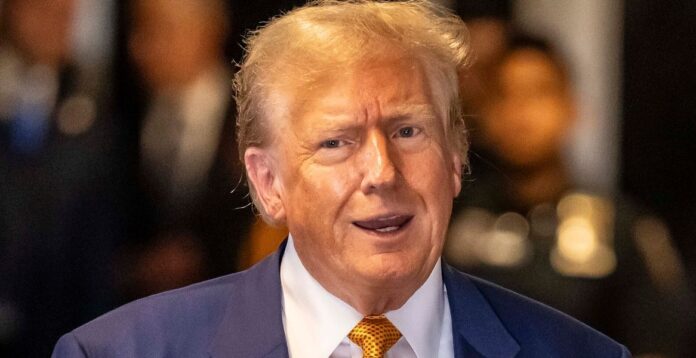Key Falsehoods or Claims:
– Trump’s false claim that mail-in voting leads to widespread fraud
– Trump’s conspiracy theory that the COVID-19 pandemic is a hoax or exaggerated by the media
– Trump’s repeated false statements about the success and impact of his tariff strategies
Source:
– NPR is a neutral outlet known for its balanced reporting and fact-checking. The information provided can be considered reliable and accurate.
Analysis of Impact:
– These falsehoods have shaped opinions by creating confusion and division among the public. Polling data shows that a significant portion of Trump supporters believe in his claims about mail-in voting and the pandemic, despite evidence to the contrary. This erosion of trust in the electoral process and public health authorities poses a threat to our democracy, as it undermines the foundations of free and fair elections and public health measures.
Hypothetical Reactions or Outcomes:
– If the false claim about mail-in voting gains traction, it could lead to increased voter suppression efforts and a lack of confidence in the election results. Similarly, if the conspiracy theory about the pandemic continues to influence public behavior, it could result in a failure to comply with public health guidelines, leading to further spread of the virus and potential harm to public health.
Further Reading:
– For more in-depth analysis of media influence and misinformation studies, consider reading articles from reputable sources such as The Washington Post’s Fact Checker, the Poynter Institute, or the Harvard Kennedy School’s Shorenstein Center on Media, Politics and Public Policy. These sources provide valuable insights into the impact of falsehoods and conspiracy theories on public opinion and democracy.
Source link
Redirect URL
